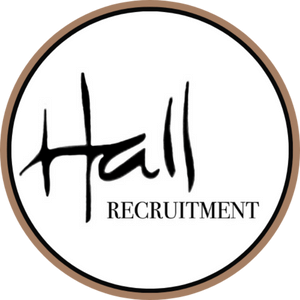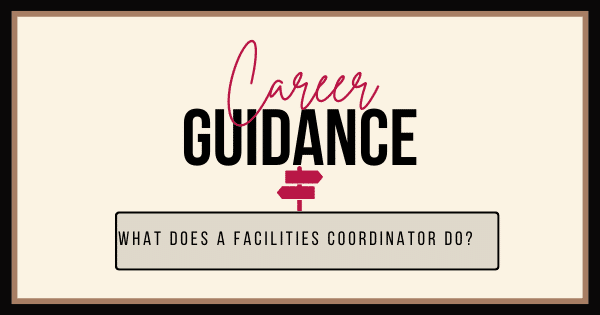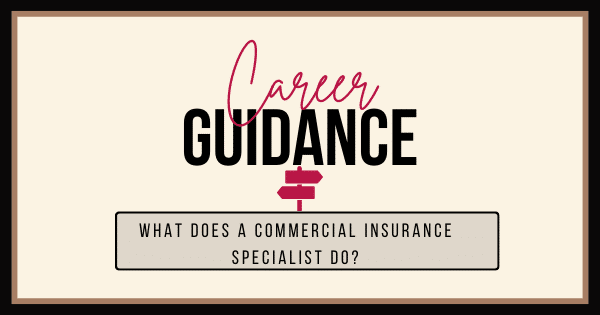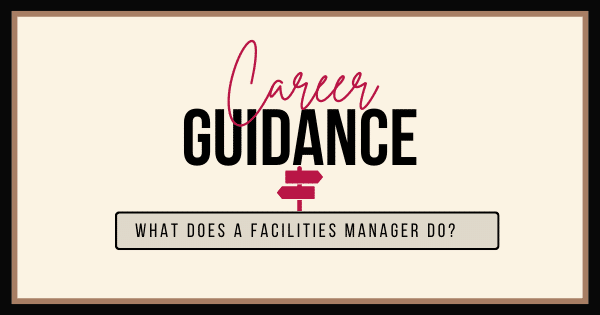Friday 5th of January 2024
Dear Employers and Candidates,
We’re thrilled to share the latest update on the Government’s revisions to the Sick Leave Act 2022, effective January 2024. These changes aim to improve employee welfare and ensure fair treatment during health-related absences.
Key Highlights of the Amendment:
Extended Entitlement:
- Employees with 13 weeks of continuous employment now qualify for five days’ paid sick leave.
Rate of Payment:
- Eligible employees will receive compensation at 70% of their usual daily earnings, capped at €110 per day.
Documentation Requirement:
- To access this benefit, employees must provide a valid medical certificate from a licensed healthcare practitioner.
These changes mark a significant move towards prioritising the well-being of our workforce and cultivating a healthier work environment. Employers can now support their staff during illness, fostering higher morale and productivity.
It’s crucial for employers and employees to understand these amendments for compliance and a smooth implementation.
At Hall Recruitment, we’re committed to guiding both employers and candidates through these changes. For further assistance or to understand how these modifications might affect you or your organisation, reach out to us.
Stay updated, stay informed, and let’s continue championing a thriving and supportive employment landscape together.
Warm regards,
C. Murtagh and V. Hall
Directors
Hall Recruitment
At Hall Recruitment, we’re committed to connecting skilled individuals with exceptional roles and career opportunities. Explore our extensive job listings and reach out to our experienced team for personalised guidance. Together, let’s navigate the exciting world of career opportunities and discover the perfect match for your skills and aspirations.
Looking for a new career opportunity Click Below












